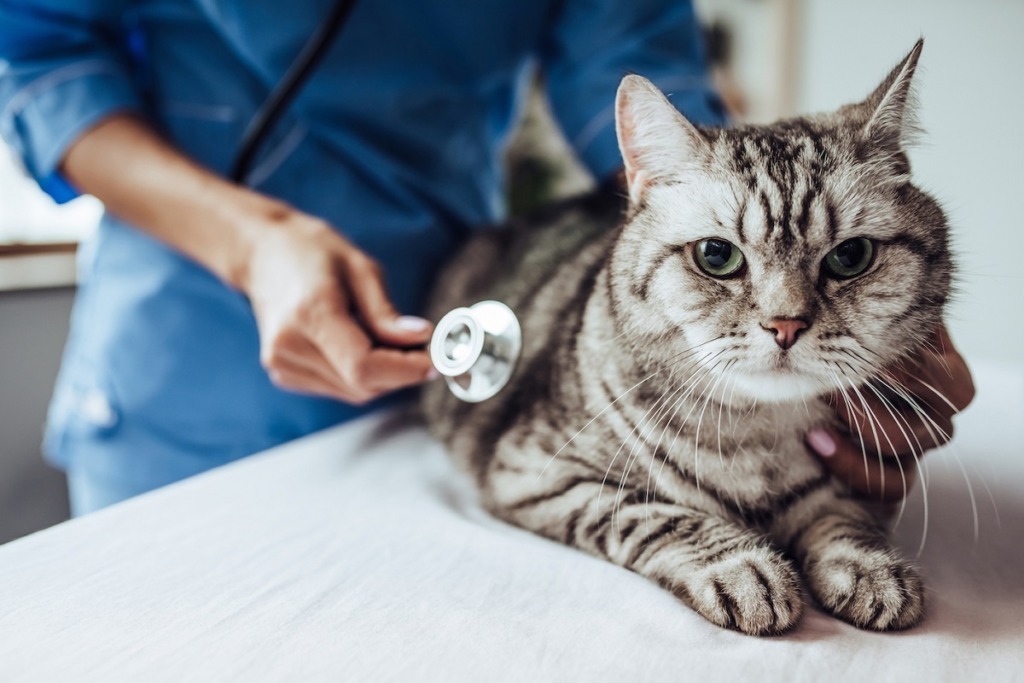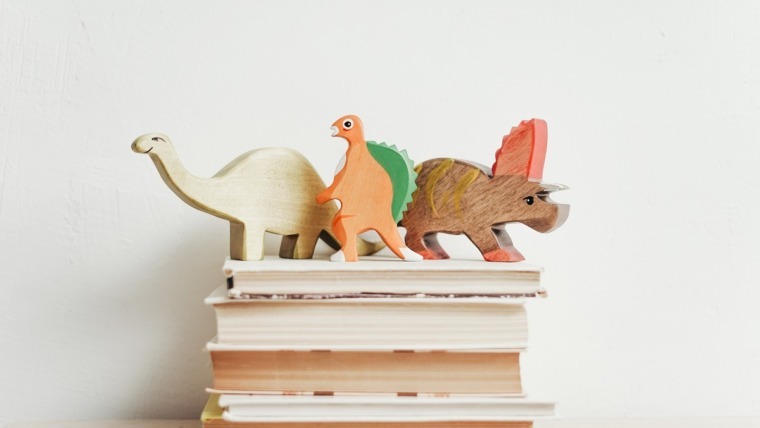
Written by Dr Peta Keown, Senior Veterinarian, The Cat Protection Society of Victoria
With Spring upon us, the lily is a common gift choice when it comes to flowers, and cats of course are known for being naturally curious. They love to investigate new things that come into our homes, climb onto our kitchen tables and benchtops, and test things out with their tastebuds!
Many pets owners however don’t know that lilies are toxic to pets, especially cats. Cats only need to ingest the pollen of a lily and without treatment, it can lead to kidney failure.
Why are some lilies dangerous to cats?
There are plenty of plants that fall within the lily family, but it is often ornamental lilies that are given as gifts or purchased for display in the home that cause the problems.
This is especially true now that we’re living in lockdowns due to the Coronavirus pandemic, and the only way we can celebrate special occasions like birthdays is by sending our loved ones’ gifts, like flowers.
It is especially risky for indoor cats who are curious and interested in new things, as they are fascinated by the novelty of new flowers in the home. As kittens are usually curious and adventurous they can be more susceptible to ingesting the toxic flower, but owners of older cats should be vigilant too.
It’s important that you now leave curious cats or kittens unsupervised with these plants. While some cats aren’t interested in new things, it’s essential that you still be watchful if there are lilies in your home. Lilies are prone to dropping their pollen, and even if a cat rubs the pollen onto their body and then licks it off, this can be toxic too.
Signs to look out for
There are certain signs your cat will display if they have ingested a lily but it is unlikely these will be exhibited straight away so if you suspect your cat has ingested the plant you are best to visit the vet immediately.
While it’s likely that there wouldn’t be many signs initially if left untreated your cat would soon develop nausea. They would go off their food and there would be changes in their urinary patterns. If you have an inkling that something isn’t quite right you should visit the vet that day.
Once at the clinic, your cat would be given fluids through an IV drip to flush out the toxins.
When it comes to your cat and toxic plants you need to try and keep them apart. Be vigilant, know your cat and its behaviours well and always act on anything that doesn’t seem quite right
Other plant hazards
It is not just lilies that can be harmful to your cats. There are a surprising number of plants that can be toxic to your pets, many of which are commonly found in and around our homes. Everything from daffodils and hyacinth to Tulips and Aloe Vera can be poisonous to cats.
Sometimes, cats will stay away from plants that will harm them, but other times, curiosity and boredom get the better of them and they might nibble on these plants.
Find a list of toxic flowers and plants to cats here
Dr Peta Keown is the Head Vet at the Cat Protection Society of Victoria, a not for profit animal welfare organisation committed to working with the community to ensure that every cat has the opportunity for a loving, safe and healthy home. With an adoption shelter, a feline dedicated veterinary clinic, retail shop and café, the Society relies entirely on the kindness of donations, legacies and memberships for its day-to-day existence and to ensure they can provide the highest levels of care to cats in need.
The popular floral toxin The popular floral toxin





1 Comment
SO interesting, I had no idea that lilies could be harmful to cats. I’ll have to watch what I sent to friends from now on!